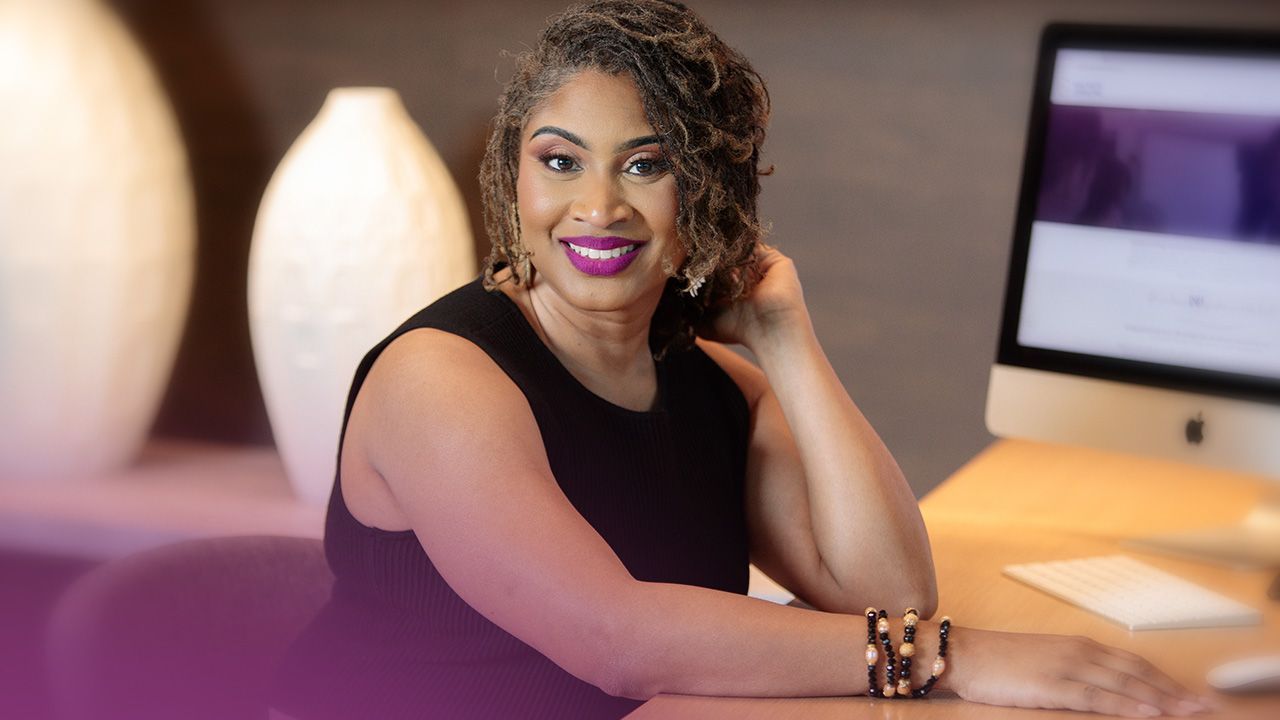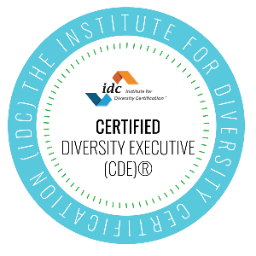Hope and Reflection for DEI As We Move Into 2020
As we enter the December holidays and transition into 2020, I want to share some inspiration, reflection, and hope in alignment with the work of Diversity, Equity, and Inclusion.
2019 has been a year of large and complex social issues.
These issues of race, diversity, and inequities can weigh heavily on people and they seem to be growing in a deeper and more noticeable way. We often want to help the oppressed, the under-served, the indigenous, minorities, and our communities.
We may wonder—are we actually making any progress with this work? Is the state of society right where we were before the civil rights movement and it just looks different?
I believe one of the most important things we need to have as we go into the new year is hope.
PRACTICAL WAYS TO STAY HOPEFUL ABOUT DEI IN 2020
With the work of Diversity, Equity and Inclusion, we must continue to push forward, create progress, and remain hopeful. This hope is what can push us through the difficult and ever-evolving work. So to finish up the year, here are some of my top thoughts to remain hopeful as we move into 2020.
Celebrate milestones and celebrate people.
This work is so complex that it can be hard to understand the “end goal”. This end goal is constantly moving because it evolves, people evolve, and the world evolves.
We can’t let ourselves feel defeated because we haven’t achieved a “final” destination… because there isn’t one. Instead, we must allow ourselves time to reflect and celebrate the smaller milestones along the way. These celebrations are what keep us motivated and steady on the path.
As I always say… it’s about progress, not perfection.
This is a season of grateful hearts and it’s also important to share gratitude. The end of the year is a great time for recognition of those individuals who have championed this DEI work.
I often share that this work can feel lonely. Sometimes you feel like you’re in the trenches by yourself and I know other DEI practitioners can feel the same.
Receiving a note, a card, or an email that your work or life has been impacted by someone else’s work is more important than you can know. Sometimes a simple email sharing that my message or speech impacted an organization can lift me up and re-inspire me.
We who are advocates, allies, and champions of the work should also not just thank those who carry the title, but thank those who are champions and allies doing hard work behind the scenes.
This gratitude and recognition helps to make sure they can influence the work in the most sustainable way. When people feel protected and supported, the work can be even more impactful.
Stay true to the “Why”.
Like many entrepreneurs, business owners, and change-makers—I love Simon Sinek’s “Start With Why” TED talk. This talk shares how important it is to know the “Why” of what you are doing versus just the “What”. Simon has shared a huge foundation with the world so we can stay the course. The “Why” of your work has to be bigger than any one person or collection of activities. That is what keeps us going. If this work were easy, we would have figured out the answers a long time ago.
For me, as challenges present themselves, I always return to my “Why” of creating diversity, inclusion, and equity in the world—and it helps me to stay the course. So, I encourage you to watch Simon’s TED talk and reflect on your purpose, your reason, your “Why” for all the good work that you do in this world.
Reflect on the 2019 DEI journey.
Reflection at the end of the year is vital so we can know what our strengths, weaknesses, wins, and losses were.
Set a time to sit down and reflect on:
- What have you accomplished?
- What remains to be done?
- How can we reactivate a mindset of passion and committed pursuit towards those goals?
- How can we improve for the next year?
- What assets did we successfully utilize to move closer to our goals?
- What assets can we utilize to better move towards our goal?
Don’t just take inventory on what you have not done. It’s also vital to take inventory on what you have done.
Identify ways in which you can get better. Utilize goal setting, constant review, and ongoing revision in your processes. Goalposts will move, relationships will change, and business pathways can shift. We must identify our ever-evolving plans so we can continue to make progress.
Sometimes, even if we have the answers right in front of us, even if we have a plan that moves us towards a goal, we must double down on the identification and details of that plan.
Reflect on what’s next with Diversity, Equity, and Inclusion
This is an excellent time for DEI councils, employee resource groups, or whoever is in charge of this type of work to really reflect on: “where do we go next”? Sometimes I feel what causes the DEI efforts to grow stale is when we continue to just do the same thing and drive towards the same results. Instead of trying to think strategically on— how do we take this to the next level?
I want people to think of DEI in the same regard. Not just in maintaining, but in how we grow and stretch ourselves to even greater heights in this work. Strategic visioning is paramount to this process.
Each organization will look different and this requires some organizational soul searching by asking questions such as—do we want to stay where we are or elevate to the next level? Do we bring on new champions who can help be in the trenches of the work and maybe identify more innovative approaches to the work? By thinking on “what’s next”, we can constantly improve and shift to create better and more effective outcomes.
Create a long-term plan to impact people in society.
It’s an important time of year to not JUST extend gratitude, support, and hope to those who are less fortunate and in need—but also consider—what can we do throughout the entire year to positively influence the circumstances for those individuals?
How can we create long term impact?
It’s one thing when we care “because it’s in the air” due to the season and the message of gratitude and compassion. But what will happen once the first of the year rolls around?
When individuals are oppressed, marginalized, disenfranchised—what happens once the lights come down, the festivities stop? How can we continue to do the good work?
We need to extend gratitude, intention, and hard work even beyond the season of giving. We must create long-term plans that yield positive impact.
Plan well to step into 2020.
Successful outcomes involve strategic planning.
As you enact your planning process for 2020, consider cultural audits/assessments or a SWOT analysis to inform the strategic planning process. These assessments and internal audits can help you see where you are at with your D&I initiatives and where you can improve. When it’s time to do strategic planning for the next year, businesses and organizations often sink into the review of standard business divisions and their missions/values. They may get into identifying goals/objectives for the next year, but they often leave DEI to the wayside.
That same diligence and intent of strategic planning should apply to this process of planning for DEI as well. Analyze, assess, and audit to find where your successes are and where your improvements with this work need to be.
So, as you finish out 2019 and plan for 2020, I encourage you to utilize some of these thoughts and suggestions. Dive into and reflect upon your purpose and work, practice gratitude, and plan well for the years ahead.
Wishing you and your family a happy holiday and an incredible new year. I look forward to sharing more diversity insights with you in 2020.















